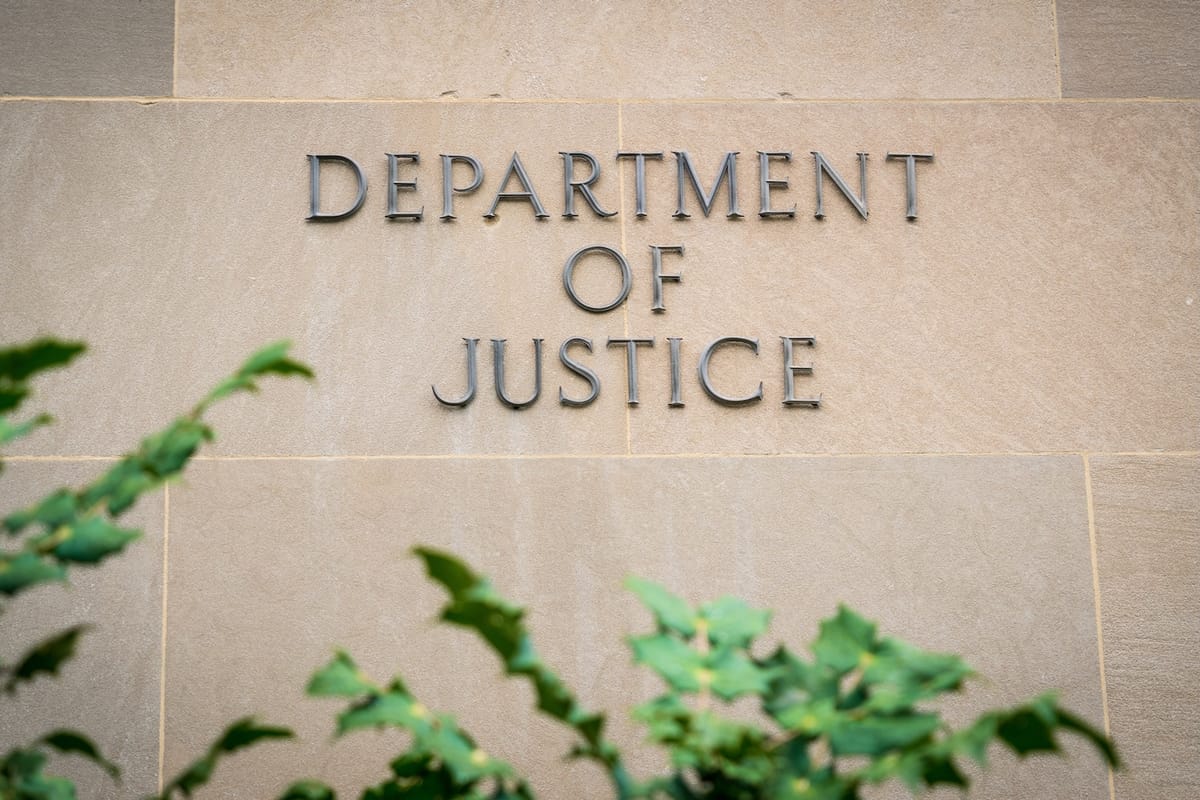

Justice Department Takes Action Against State Overreach
The Department of Justice, led by Attorney General Pam Bondi, has filed lawsuits against Hawaii, Michigan, New York, and Vermont to halt what it describes as unconstitutional state climate laws. These legal actions, initiated on April 30 and May 1, target policies that the DOJ argues threaten America’s energy security and economic stability. The lawsuits align with President Trump’s Executive Order 14260, which emphasizes protecting domestic energy production from state-level restrictions.
The DOJ’s complaints focus on two distinct issues. In Hawaii and Michigan, the department seeks to block planned lawsuits against fossil fuel companies for alleged climate-related harms. In New York and Vermont, the DOJ is challenging so-called climate superfund laws, which impose financial penalties on energy companies for past greenhouse gas emissions. Attorney General Bondi has emphasized the need to ensure affordable and reliable energy for Americans, stating, 'These burdensome and ideologically motivated laws and lawsuits threaten American energy independence and our country’s economic and national security.'
Hawaii and Michigan Lawsuits Target Fossil Fuel Litigation
In Hawaii, Governor Josh Green has pushed for legal action against fossil fuel companies, citing their role in events like the 2023 Lahaina wildfire. Michigan Attorney General Dana Nessel has similarly engaged private law firms to pursue claims against the energy industry for environmental impacts. The DOJ argues that these state-led lawsuits overstep federal authority, particularly under the Clean Air Act, which grants the Environmental Protection Agency the power to set nationwide standards for air emissions.
The DOJ’s filings assert that such litigation burdens energy producers and disrupts the national energy market. Acting Assistant Attorney General Adam Gustafson underscored the broader implications, saying, 'When states seek to regulate energy beyond their constitutional or statutory authority, they harm the country’s ability to produce energy and they aid our adversaries.' Despite the federal challenge, Hawaii’s Attorney General Anne Lopez remains defiant, declaring, 'We have an obligation to the people of Hawaiʻi, to do everything in our power to fight deceptive practices from these fossil fuel companies.' Michigan’s Nessel called the DOJ’s lawsuit 'frivolous,' vowing to proceed with her plans.
New York and Vermont Face Scrutiny Over Superfund Laws
In New York, a law signed by Governor Kathy Hochul in December seeks $75 billion from energy companies to fund infrastructure and other projects. Vermont’s Climate Superfund Act, passed in May 2024, aims to recover unspecified damages for climate-related impacts, with funds earmarked for adaptation projects. The DOJ contends that these laws are unconstitutional, arguing they attempt to regulate global activities beyond state jurisdiction and conflict with federal law.
The department’s complaints describe these superfund laws as a 'transparent monetary-extraction scheme.' President Trump has echoed this sentiment, suggesting the laws extort payments from energy companies. The DOJ’s legal filings emphasize that such state policies could increase energy costs for Americans, with Bondi asserting, 'The Department of Justice is working to Unleash American Energy by stopping these illegitimate impediments to the production of affordable, reliable energy that Americans deserve.'
Legal Experts Weigh In on Unprecedented Move
Legal scholars have noted the unusual nature of the DOJ’s lawsuits, particularly in Hawaii and Michigan, where the department is attempting to preempt state litigation before it is filed. Despite these critiques, the DOJ remains focused on its mission to safeguard energy production.
The lawsuits represent a bold step to reinforce federal authority over energy policy, reflecting the administration’s commitment to prioritizing economic growth and energy independence. As these cases move through the courts, they could set significant precedents for the balance of power between states and the federal government in regulating energy industries.
Dues are $12 per year. Member benefits:
✅ Ad-Free Website Viewing
✅ Advocacy for Republican Seniors
✅ 120+ Senior Discounts
✅ Member Only Newsletters